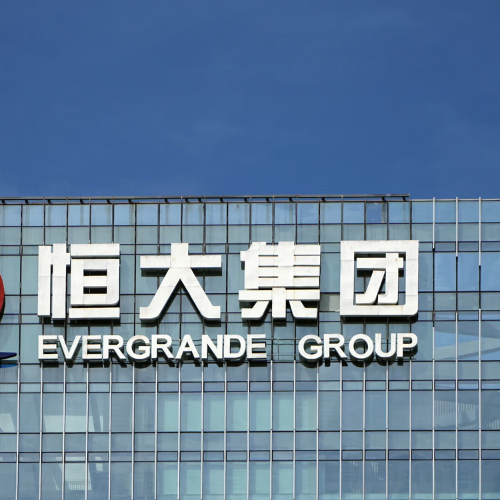Recently, the Shenzhen Stock Exchange took serious actions against Hengda Real Estate, the flagship real estate unit of China Evergrande Group. This move comes as part of an ongoing investigation into the company’s serious financial issues. Evergrande has become famous for being the most indebted property developer in the world, with debts exceeding $300 billion. The sanctions imposed have significant implications for the company, its executives, and the broader real estate market in China.
Background of Sanctions on Hengda Real Estate
The Shenzhen Stock Exchange revealed that it had punished Hengda Real Estate and its founder, Hui Ka Yan, along with other top executives. The exchange’s decision was based on findings that Hengda Real Estate had overstated its revenue by an astonishing 564 billion yuan, which is about $78 billion, over two years ending in 2020. This massive inflation of revenue is a serious problem because it misled investors, lenders, and the public about how well the company was performing.
Additionally, Hengda Real Estate was found to have engaged in fraudulent bond issuance. Bonds are like loans that companies sell to raise money. Investors buy these bonds expecting to get their money back later, along with some interest. By issuing fraudulent bonds, Hengda Real Estate was lying to investors, making them believe they were investing in a more stable and successful company than it actually was.
The Consequences for Executives
As a result of these findings, Hui Ka Yan and former CEO Xia Haijun now face severe penalties. The Shenzhen Stock Exchange has banned both of them for life from being directors or senior executives in any company that issues bonds. This is a significant punishment because it prevents them from participating in the financial world in important roles.
Moreover, Hengda Real Estate will not be allowed to issue new bonds or transfer its shares for the next three years. This means the company cannot raise money through these methods, which will further complicate its financial situation. The liquidators of Evergrande reported that they have no additional information about the ongoing investigation or the specifics of the sanctions.
Hui’s defense in this situation was that he did not know about the inflated revenues and fraudulent bond issuance because he did not oversee the company’s finances. However, the Shenzhen Stock Exchange rejected this argument, stating that as the founder and leader of the company, he held ultimate responsibility for its actions.
Evergrande’s Financial Crisis
Hengda Real Estate’s troubles have been widely reported in recent years. The company defaulted on its offshore debt in late 2021, which means it failed to make payments to its international lenders. This default sent shockwaves through the global financial community because Hengda Real Estate is one of the largest real estate developers in China and, by extension, the world.
In January 2024, a Hong Kong court ordered Evergrande to liquidate, which means the company is in the process of selling off its assets to pay its debts. This decision came after the company struggled for years to manage its huge debts and ongoing financial losses. The liquidators are now working to gather information and manage the company’s remaining assets, but the situation is complex and continues to unfold.
Hengda Real Estate’s financial crisis has raised concerns about its impact on the entire Chinese economy. Real estate is a crucial part of China’s economic structure, and when one of the biggest players in the market collapses, it can create problems for many others, including smaller developers, banks, and even homeowners.
The sanctions against Hengda Real Estate and its executives represent a serious blow to the company’s reputation. The financial misconduct revealed by the Shenzhen Stock Exchange illustrates the depth of Evergrande’s problems and its failure to maintain ethical business practices. As a result, investors and the public are left questioning the integrity of the company and its leaders.
This ongoing saga shows how important it is for companies to operate transparently and honestly. When businesses lie about their financial situations, they not only put their own futures at risk but also the livelihoods of countless workers and families who depend on them. The fallout from Hengda Real Estate’s actions will likely be felt for a long time, both within China and beyond.


